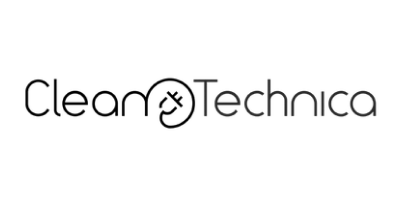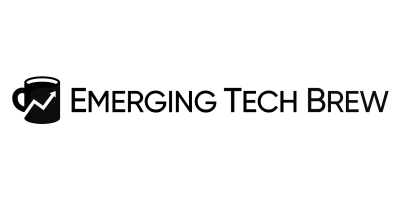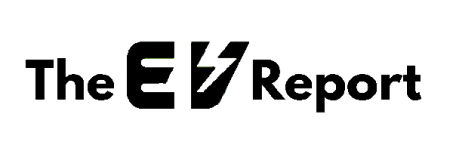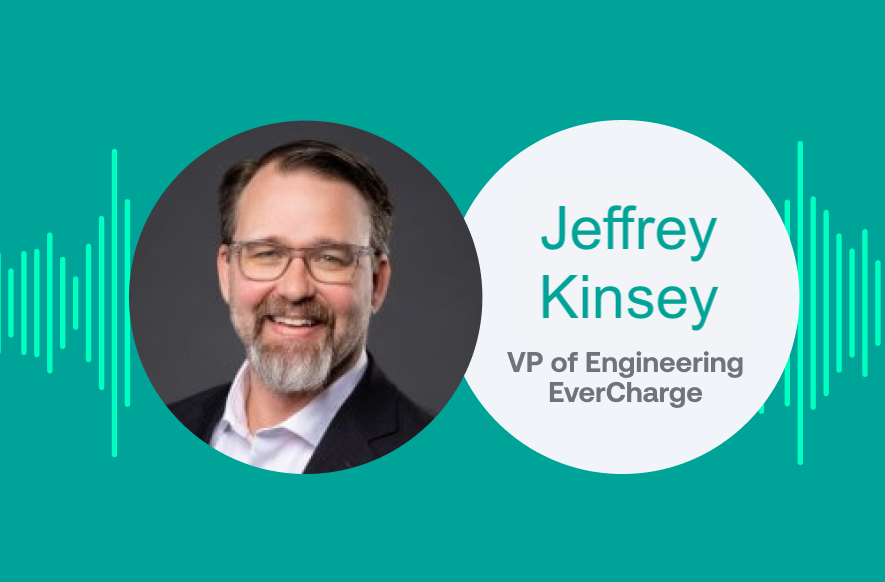-
EV charging simplified.
Performance maximized.From fleets to condos, we've got all your charging needs covered in one place.Level 2
DCFC -
EV charging simplified.
Performance maximized.From fleets to condos, we've got all your charging needs covered in one place.Level 2
DCFC -
EV charging simplified.
Performance maximized.From fleets to condos, we've got all your charging needs covered in one place.Level 2
DCFC
The EverCharge 极速赛车开奖官网开奖记录168 advantage
-
Unmatched technologyMaximize infrastructure. Minimize upgrades.
Our widely deployed, patented SmartPower technology and unique network design enable you to install up to 10X more chargers on limited existing infrastructure and eliminate data connectivity barriers, reducing installation cost, time, and complexity, while improving reliability and simplifying scaling.
-
Cross-industry ecosystemFrom EV charging to battery.
As part of SK Group, a $150-billion dollar conglomerate and one of the world’s leading EV battery providers, we’re uniquely positioned to deliver cross-industry solutions through our SK ecosystem to help ensure the success of your electrification initiative–from battery to charging.

168极速赛车开奖结果查询记录 Our solutions


Integrated hardware and software with up to 10X more charging output while minimizing upgrades

-
We chose EverCharge for the reliability and efficiency of their technology and for how easy they made the process for us. With EverCharge's SmartPower technology, we installed 5 times more chargers than other options would allow, and their systems work efficiently even when many vehicles are charging at once.San Francisco Giants
-
We chose EverCharge because they were able to deliver EV charging at scale, while maximizing the smart use of existing building power. With EverCharge, and their skilled installers' help, our residents now have access to a valuable amenity while our Association has avoided costly electrical upgrades and complex administrative work.The Legacy
-
赛车一分钟开奖查询网站:168体彩极速一分钟赛车开奖号码结果直播 168极速赛车开奖记录查询一分钟(中国)官网更新版 一分钟168开奖官方开奖结果查询 🧧168极速赛车开奖记录查询一分钟🧧真正的智能搜索,早已不仅仅是“找结果”那么简单!🧧168极速赛车开奖记录查询一分钟🧧 From hardware and installation to ongoing support and maintenance, EverCharge took care of everything, making things easy and enabling us to deliver our electrification project on time and on budget. In fact, we saved money compared to other solutions because we were able to use our existing infrastructure without a significant upgrade.Metropolis, First Service Residential
-
"We have complete, real-time visibility into the performance of our EV charging stations and are able to see how EverCharge's SmartPower technology is helping us optimize energy consumption at every moment. This solution not only helps us optimize our ongoing costs and operations, it also helps improve employee satisfaction and position us as a leader in sustainable practices in our industry. This is a win-win for operational efficiency, employees, and our company at large."Ampac Fine Chemicals (AFC)
-
We chose EverCharge because its technology was uniquely able to use our existing infrastructure and scale with our needs. I constantly get calls from my peers who manage older buildings with even less available power to understand how we overcame the electrical infrastructure challenge.Park Grove
极速赛车一分钟开奖结果官网最新版2025 What nobody tells you about the total cost of your EV charging deployment
The future of EV charging with Jeffrey Kinsey
Energy usage logging for ease of reimbursement
Request quote
Connect with one of our experts by telling us a little about yourself.







.00_00_17_04.still002.jpg)






